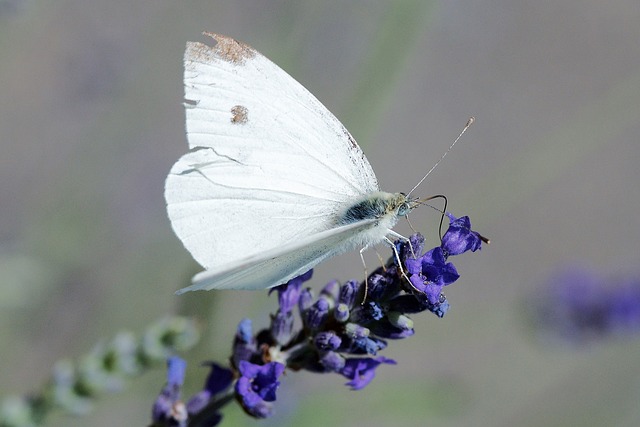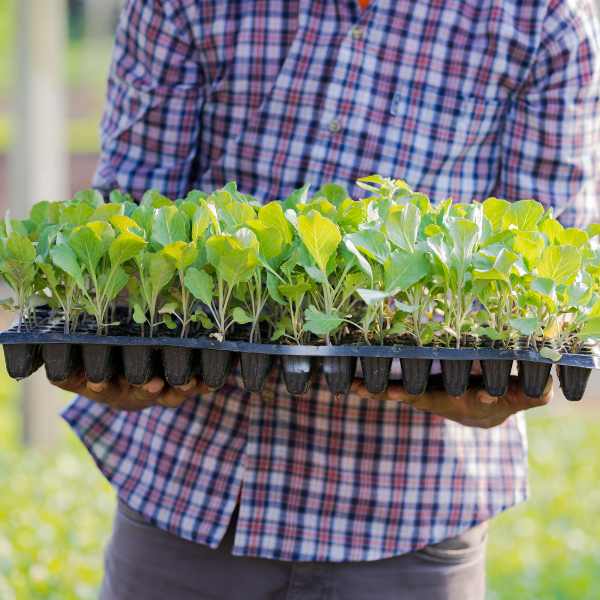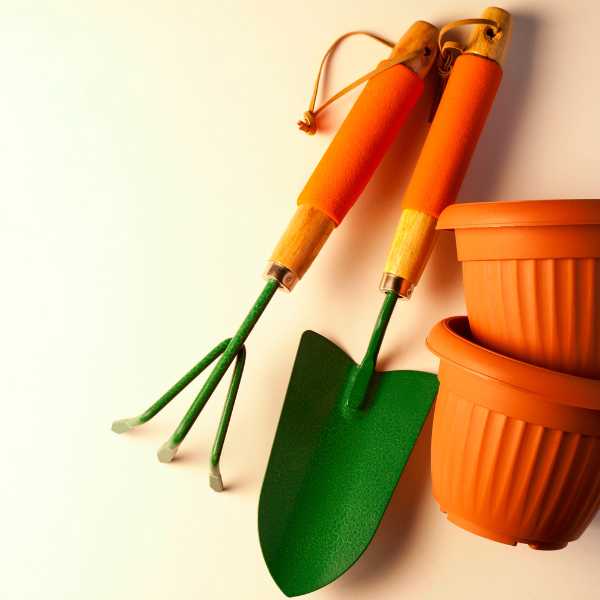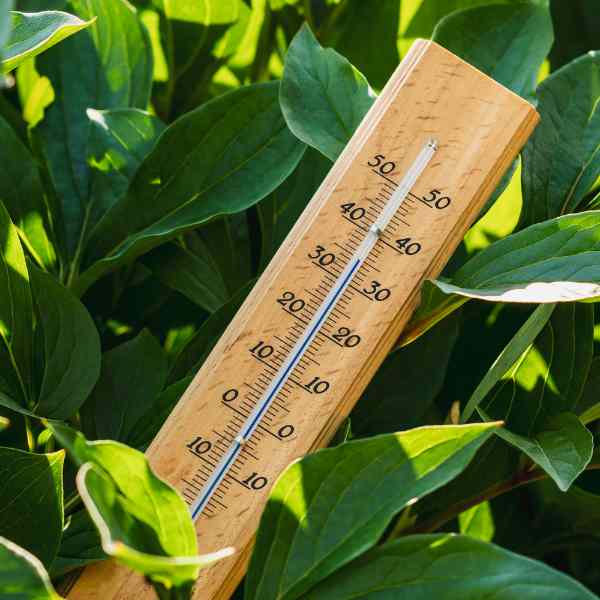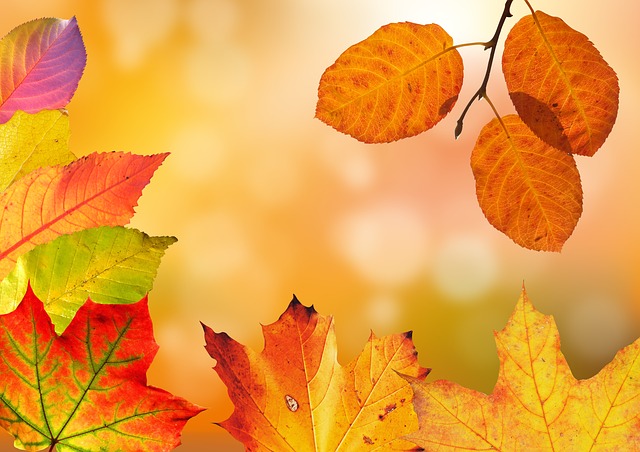Heirloom Seeds: An Introductory Guide For Seed Enthusiasts
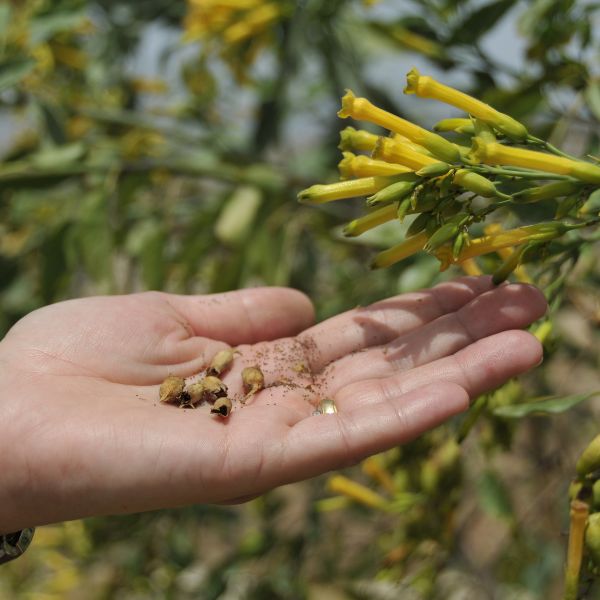
Heirloom seeds are not just your run of the mill seeds they’re the VIP pass to a garden that radiates flavour and history. Each seed is a living relic of our agricultural past and and a deep-rooted connection to the land. Firstly, we will look at what other types of seeds are available before delving into the world of heirloom or heritage seeds as they are sometimes known.
GMO Seeds
The most unnatural and controversial seeds are GMO. GMO stands for Genetically Modified Organism. GMO seeds are created in laboratories via gene modification that injects seeds with the genes from another plant. The aim being to achieve desirable traits such as withstanding drier weather conditions, resistance to pesticides or harmful insects. These seeds are generally purchased by commercial farmers for producing crops on a larger scale.
Hybrid Seeds
Then you have your hybrid seeds; hybrid seeds refers to the selective breeding of a plant by cross pollinating two different parent plants. Usually, the seeds are cross-pollinated by hand, and the aim is to produce a crop that has desirable genetics of the two plant varieties, such as disease resilient or bigger fruit size. Hybrid seeds are specifically created to get the best traits of the two parent plants, therefore, they tend to grow quicker, hardier and produce higher yields.
Look out for the term F1 which in genetics is an abbreviation for Filial 1- literally “first children.” It is sometimes written as F1. Hybrid seeds do not produce true-to-type vegetables, so you will need to purchase seeds for every planting season.
Heirloom Seeds
Finally, you have your heirloom seeds; seeds as Mother Nature intended. Their characteristics are:
- Open-Pollinated – which means that they are pollinated by insects, birds, the wind, or other natural means.
- True-to-type in that the saved seeds produce the same traits as the parent plants.
- Passed Down from Generation to Generation – Heirloom seeds are seeds that have been saved and produced true-to-type vegetables for 50 years or more. It is amazing when you stop and think about how many people had to grow heirloom seeds for them to be planted in your home garden.
Reasons You Should Grow Heirloom Seeds
There really are so many great reasons why you should. Here are a few reasons why I personally grow heirloom seeds in my garden:
Each Seed has a History
Great Grandmothers, 18th Century Farmers, and local gardeners have worked hard saving these seeds over generations. Each seed has an origin and a history of how it came to be. It truly is amazing that with one seed planted you become a part of that story.
I love reading heirloom seed catalogues and taking in the fascinating stories about how some heirloom seeds have been preserved for years and years, and saved from near-extinction just because so-and-so’s grandparent saved some seeds. It makes those seeds extra special when you know the history and stories that they come with.
Grow Heirloom Seeds for Variety
There are so many different colors, sizes, and varieties of heirloom seeds to choose from. They are not the boring, uniform commercial hybrids you find at the grocery store. Think purple carrots, stripey beetroots and white cucumbers!
Heirloom tomatoes are a great example of the wide variety. Take a look at different seed catalogues to compare the vibrant colors, random shapes, and different sizes of the many varieties of heirloom tomatoes available.
And it’s not just heirloom tomatoes that come in tons of varieties. There are so many other heirloom garden vegetables, herbs and flowers that come in an abundance of sizes and colors. It’s fun to try growing different types of these beautiful heirloom plants in various “extra” spots in the garden.
Heirlooms Have the Best Taste
Heirloom vegetables, fruits, or herbs have retained their own unique and delicious flavours over the centuries as they have not been modified for transportability or long shelf life. Flavour has been the main consideration. You can just imagine two 14th century peasant farmers swopping seeds and exclaiming – that one will blow ye olde tastebuds off!
Grow Heirloom Seeds to Save Seeds
Heirloom seeds produce true-to-type vegetables. This means that you can save the seeds, and plant them the following year and still get the same great vegetables. You won’t need to buy seeds until you want to try something new.
The idea of saving seeds goes hand-in-hand with being more sustainable. If seed saving is something of interest for you, you should plan for extra vegetables to use. In order to save seeds, some of your vegetables will need to be left in the garden to mature.
Heirloom Seeds are Less Expensive
Overall, heirloom seeds are less expensive. There is no fancy cross-pollination or expensive lab modifications. If you take a look at the seeds on the store seed rack, you will notice that the price reflects that. Not to mention the ability to save your seeds, saving you money in the long run.
Are Heirloom Seeds Harder to Grow?
There really isn’t a huge difference between growing heirloom seeds and standard seeds.
When you are planting any seeds in your garden, it is important to read the description, and pay close attention specifically to the growing conditions and number of days until harvest. Seeds that are planted in the wrong conditions will be harder to grow no matter what type they are.
Remember, heirloom seeds have not been altered to be disease resistant or cross-pollinated for different growing traits. When you decide to grow heirloom seeds, you are getting seeds that will need some care and maintenance.


